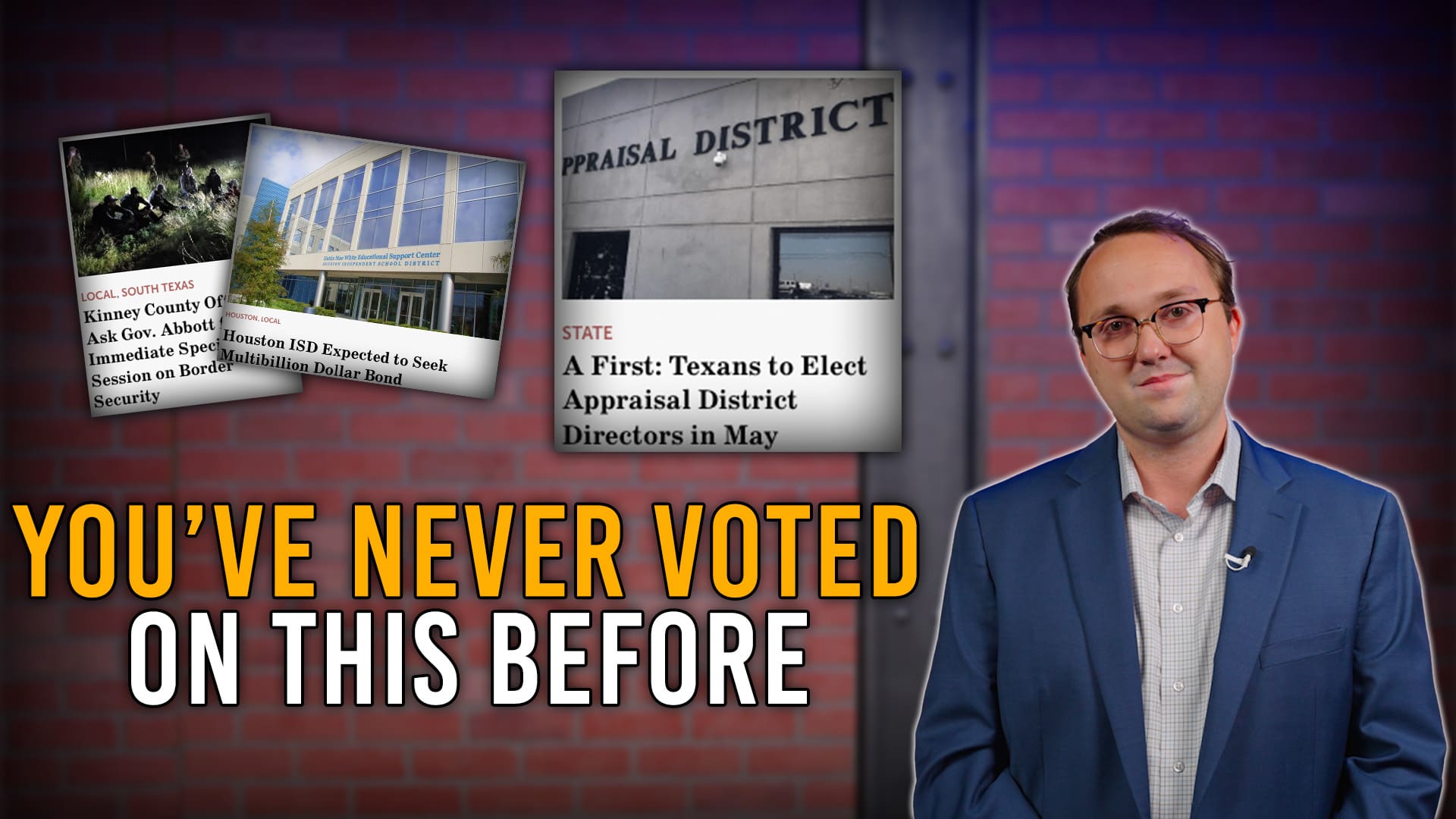Federal officials say a “legislative fix” passed by state lawmakers makes Texas’ photo voter ID law “constitutionally and legally valid” and should put an end to further court action.
According to a U.S. Department of Justice brief filed Wednesday in U.S. District Court, the voter ID fix enacted by Senate Bill 5 this regular session “cures the discriminatory effect and intent that the Court found” in the state’s original voter ID law and “thus, eliminates any ongoing violation of federal law.”
As originally enacted in 2011, Texas’ voter ID law (SB 14) required in-person voters to show one of seven forms of photo identification – including a state-issued “election identification certificate” offered free of charge to voters without an acceptable photo ID.
SB 14 has been tied up in litigation ever since.
In July 2016, the U.S. Fifth Circuit Court of Appeals agreed with the 2014 ruling of liberal Obama appointee U.S. District Judge Nelva Gonzales Ramos that the law had a discriminatory “disparate impact” on minority voters. It sent the case back to Ramos to craft an interim remedy for use in the November 2016 election, as well as to reevaluate plaintiffs’ claim of intentional discrimination.
As the DOJ brief notes, the Fifth Circuit “explicitly and specifically invited the Legislature to enact a ‘legislative fix’ to ‘cure the deficiencies’ and ‘ameliorate the issues’ identified in its opinion.”
In response, Lt. Gov. Dan Patrick made fixing voter ID a priority for the Texas Legislature in 2017. Following the “roadmap” laid out by the Fifth Circuit, State Sen. Joan Huffman (R-Southside Place) authored SB 5, which passed with bipartisan support over objections from some Democrats. The bill’s key change to SB 14 allows any eligible voter without a photo ID to cast a regular ballot by signing a “reasonable impediment declaration” and showing alternate forms of identification.
DOJ attorneys now say that, “S.B. 5’s reasonable impediment procedure—which tracks the agreed interim remedy and which the Legislature adopted at the Fifth Circuit’s specific invitation—cures any discriminatory effect in Texas’s voter ID law.”
From the DOJ brief (citations omitted):
The United States filed its complaint in this case to ensure that Texas’s voter ID law comports with “Section 2 of the Voting Rights Act” and the Constitution and preserves the rights of all Texas voters to free and fair elections. That result has now been achieved…
As amended by S.B. 5, Texas’s voter ID law both guarantees to Texas voters the opportunity to cast an in-person ballot and protects the integrity of Texas’s elections. S.B. 5 thus removes any “discriminatory effect” or intent the Court found in S.B. 14 and advances Texas’s legitimate “policy objectives” in adopting a voter ID law…
Here, because S.B. 5 eradicates any discriminatory effect or intent in S.B. 14, it is “constitutionally and legally valid,” and leaves no ongoing violation of federal law for the United States to pursue or the Court to remedy. The Court therefore has no basis to substitute the remedies of an injunction, declaratory judgment, or retention of jurisdiction to review future legislative action for the Legislature’s preferred remedy of S.B. 5…
S.B. 5’s “legislative fix” cures the discriminatory effect and intent that the Court found in S.B. 14, and, thus, eliminates any ongoing violation of federal law.
Judge Ramos has said she’s not convinced that any legislative fix will change her opinion that Texas’ voter ID law is discriminatory. Ramos is expected to rule by early August.
DOJ’s recommendation to Ramos: “The Court should vacate the agreed interim remedy as of the January 1, 2018, effective date for S.B. 5 and should decline to enter an injunction, declaratory judgement, or retention of jurisdiction to review future legislation.”





